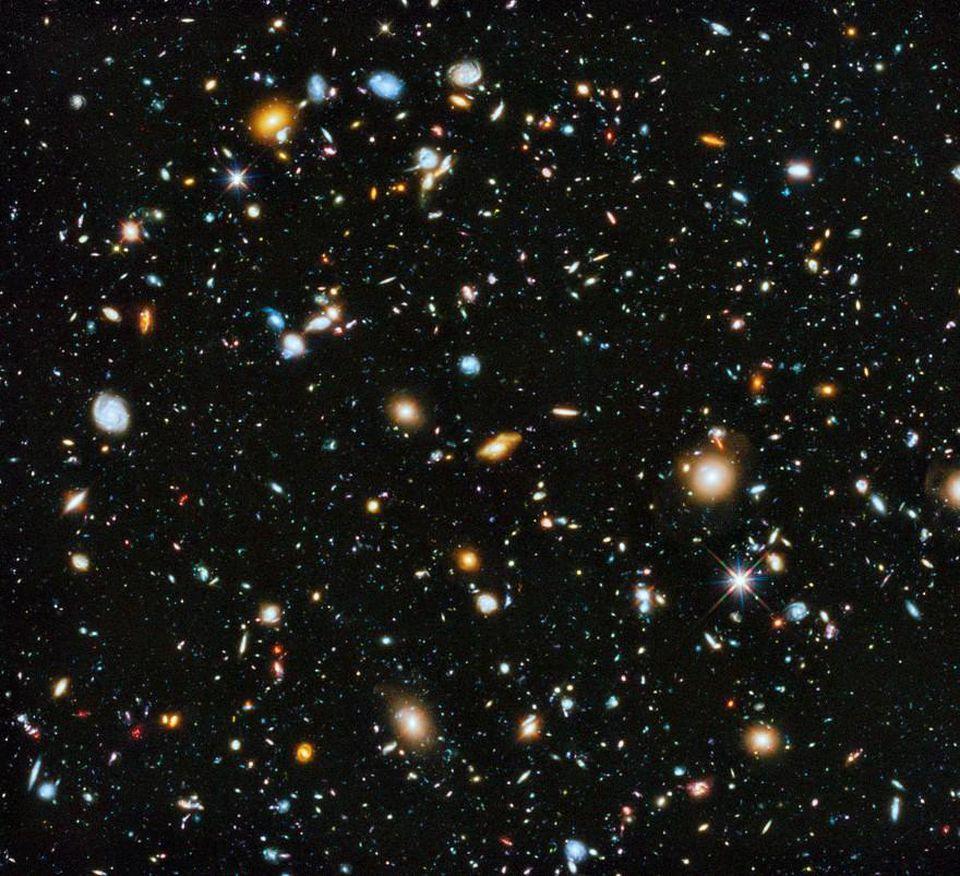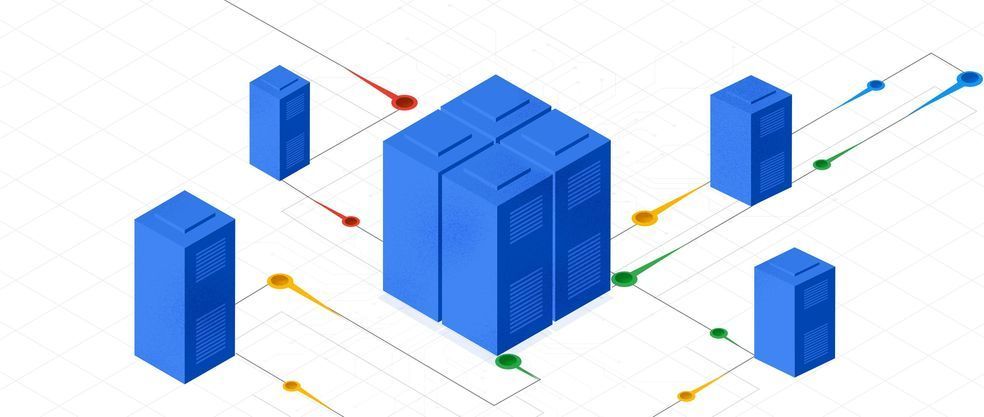Netanya-based startup Theranica chosen in category of ‘electro-charged therapeutics’ by New York data firm CB Insights.



The Philippines will experience this year’s longest night on December 22, with peak darkness slated around midnight, state weather bureau PAGASA said.
4 h


Facebook can determine where users are even if they opt out of having their whereabouts tracked, the company revealed in a letter sent to US senators.
In the missive, which was widely shared on social media Tuesday, Facebook explained ways it can still figure out where people are after they have selected not to share precise location data with the company.
The social network, which was responding to a request for information by two senators, contended that knowing a user’s whereabouts has benefits ranging from showing ads for nearby shops to fighting hackers and battling misinformation.


The world’s oldest living couple celebrated another major milestone when their senior living community in Austin, Texas, threw them a party for their 80th wedding anniversary.
John and Charlotte Henderson have an aggregate age of 211 years and 175 days, and a love story that has quite literally stood the test of time.
To celebrate their 80th year together, 106-year-old John picked up 105-year-old Charlotte in a 1920s roadster — much like he did on their first date — with a beautiful bouquet of flowers.
Circa 2005
We search for translationally invariant states of qubits on a ring that maximize the nearest neighbor entanglement. This problem was initially studied by O’Connor and Wootters [Phys. Rev. A {\bf 63}, 052302 (2001)]. We first map the problem to the search for the ground state of a spin 1/2 Heisenberg XXZ
Model. Using the exact Bethe ansatz solution in the limit of an infinite ring.
We prove the correctness of the assumption of O’Connor and Wootters that the state of maximal entanglement does not have any pair of neighboring spins.
“down’’ (or, alternatively spins “up’‘).
For those needing an uplifting, cheery video wink
Nikola Danaylov at #DarkFutures: #NeoTechnocracy – The #Future is Worse than You Think.

This is the short closing speech I delivered at the 2019 Dark Futures meetup in Toronto. Not my finest speech but, since event organizer and futurist Nikolas Badminton kindly gave me a video of my keynote, I thought it may be good to share it publicly and get your critical feedback.
Feel free to post your comments below.
Title: NeoTechnocracy: The Future is Worse than You Think